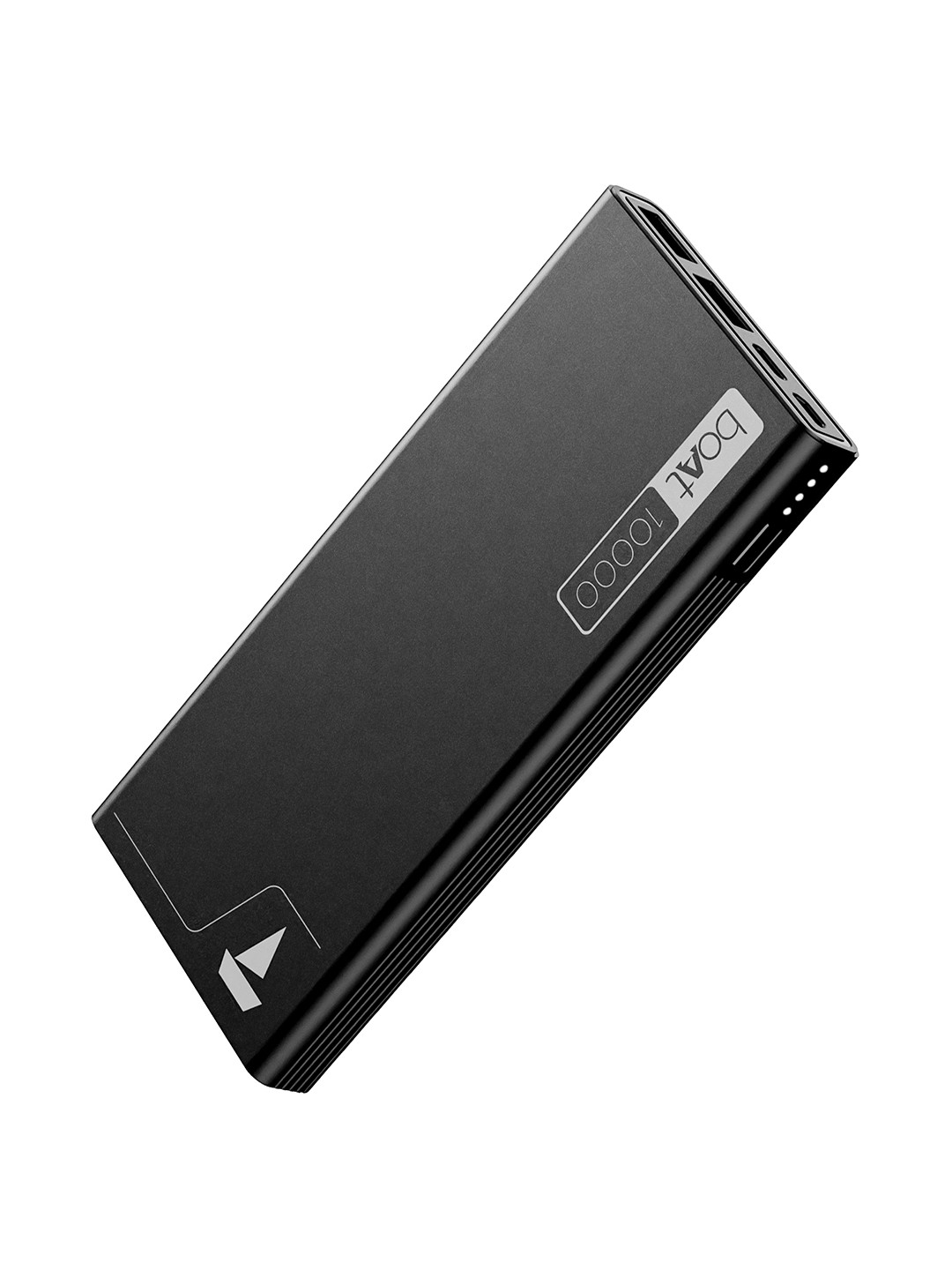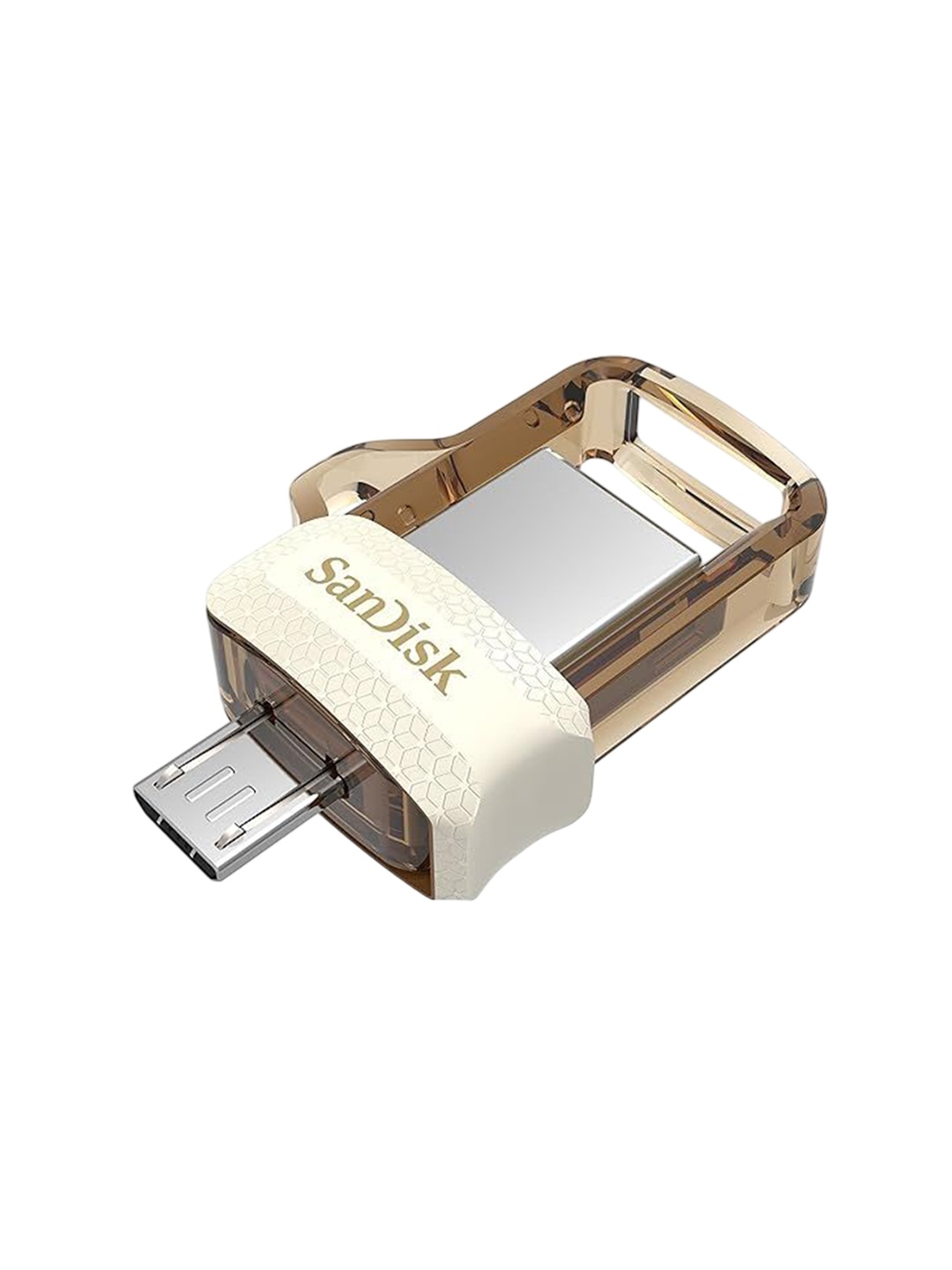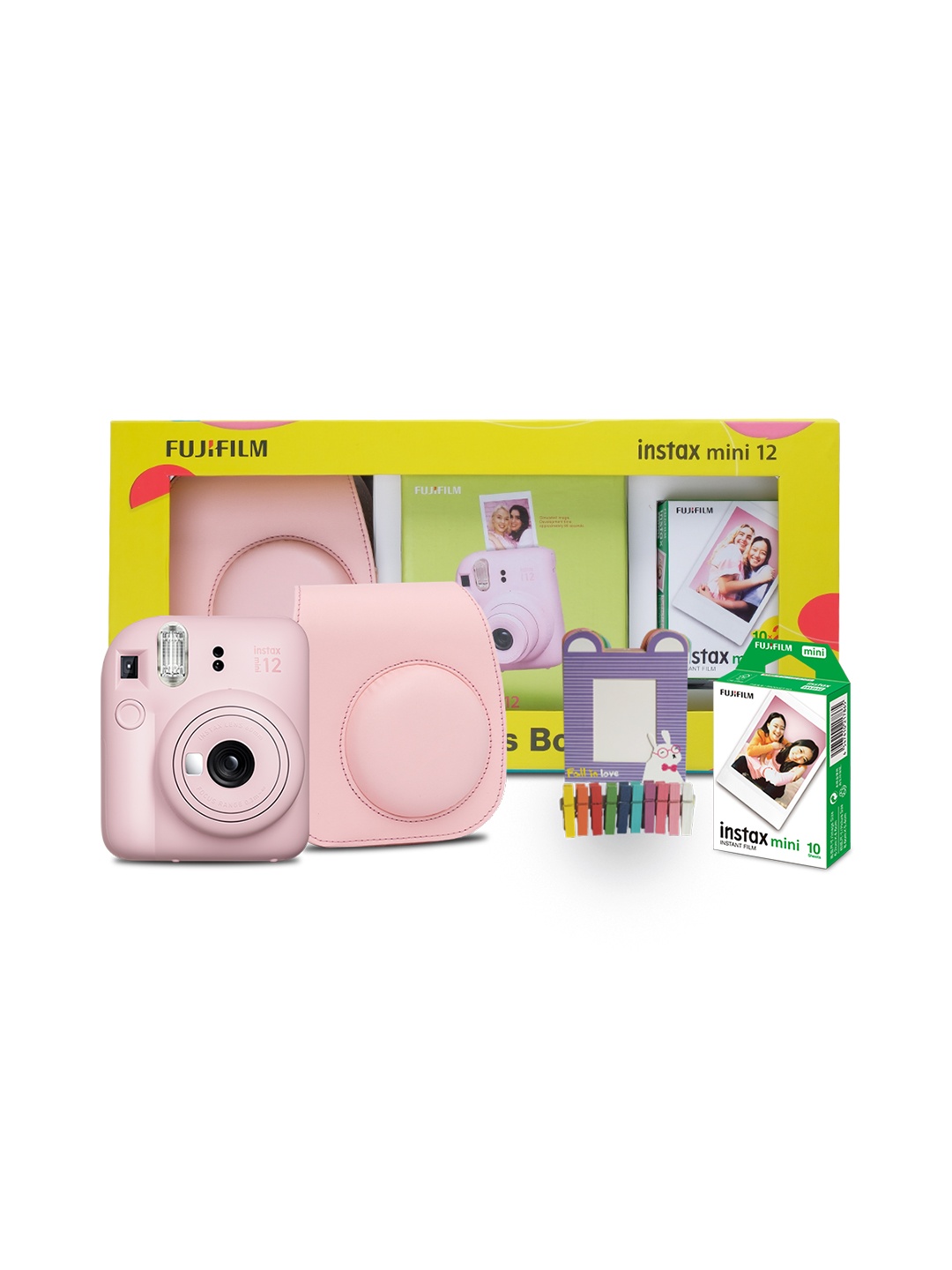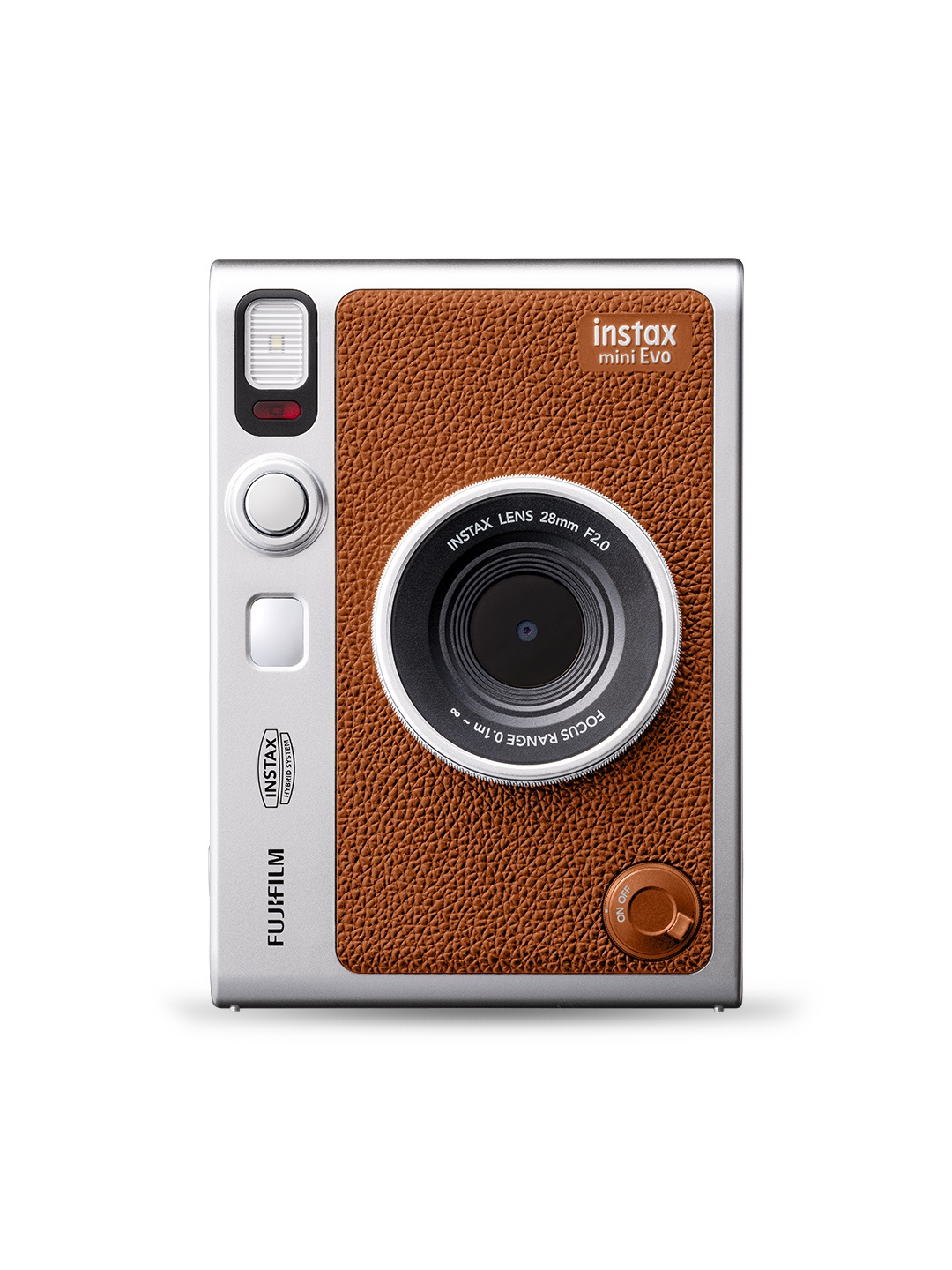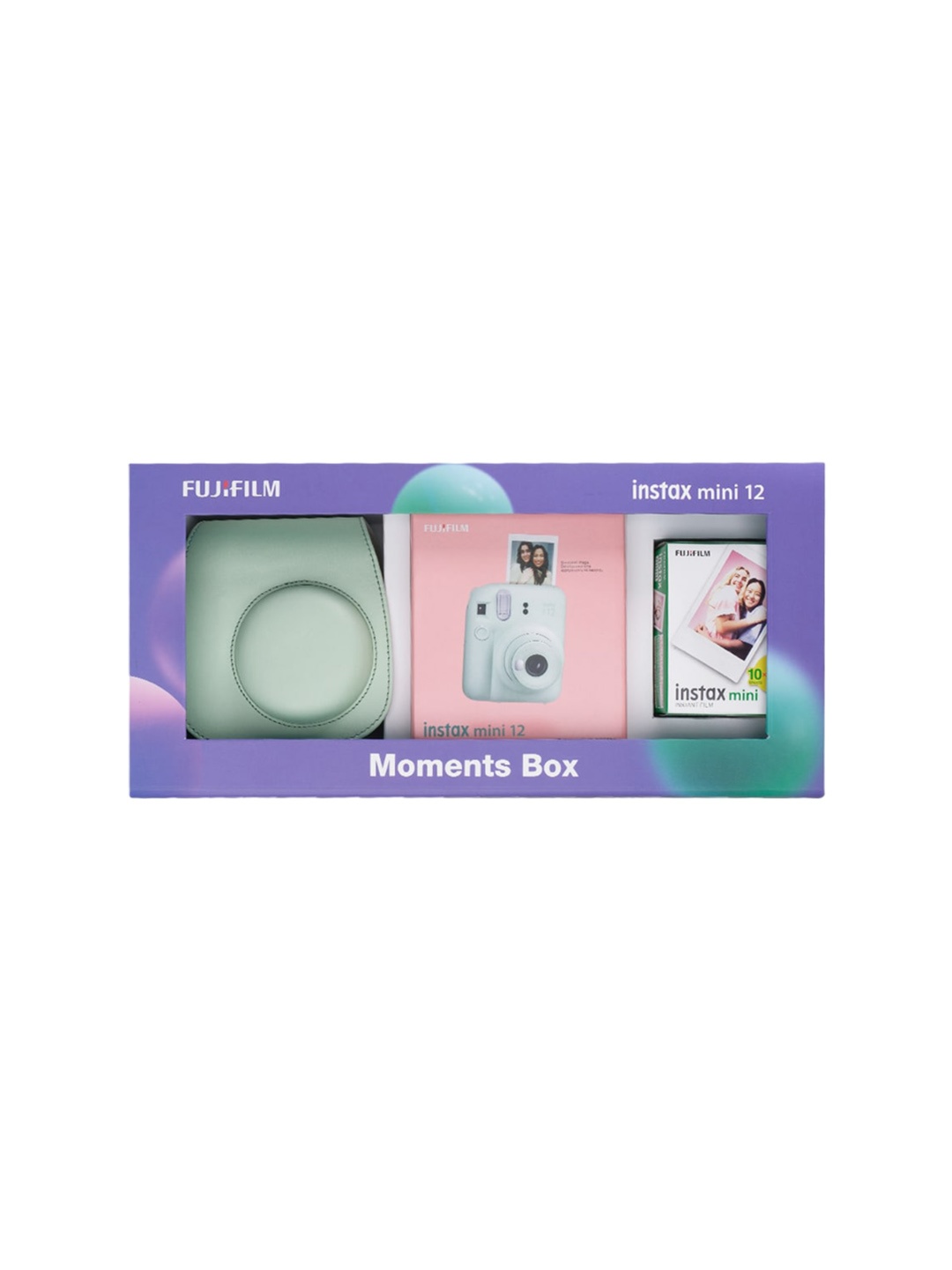Know How To Buy Car Dashcam And Check These 8 Now On Amazon From Hikvision, Crossbeats, Qubo To Transcend
Dashcams have become an essential accessory for many drivers, offering security and peace of mind. But with so many options, how do you choose the right one? From storage to night vision, heres everything you need to know before buying. We list here the top 8 car dashcams on Amazon from Hikvision, Crossbeats, Qubo to Transcend.

Before Buying A Car Dashcam, Check These Tips And Top 8 Now On Amazon
For many car owners, a dashcam is no longer a luxury, it's a necessity. Whether you're navigating the bustling streets of a city or cruising on open highways, the idea of having a reliable witness in the form of a small camera is undeniably comforting. Dashcams are like a trusty companions in your car, silently recording everything that unfolds around you. But when it comes to buying one, the sheer variety of features and technical jargon can be a little overwhelming. Do you need high-definition video? How important is storage capacity? What's the deal with night vision? These are just some of the questions that often pop up in a potential dashcam buyer's mind.
Let's guide you through the critical aspects to consider when buying a dashcam, from the nitty-gritty of storage options to ensuring it works effectively even in low-light conditions. Let's break it down and make sure you find a dashcam that ticks all the boxes. And also, we list here the top 8 car dashcams on Amazon from Hikvision, Crossbeats, Qubo to Transcend. Check them all out.
1. Understanding The Importance of Video Quality
When it comes to dashcams, the video quality is king. Imagine being involved in a minor collision or witnessing a hit-and-run; the clarity of the footage could make the difference between proving your innocence or leaving things up to interpretation. Dashcams come with various video resolutions, but the most common ones are 1080p and 4 K.
In an ideal world, you'd want your dashcam to capture everything in crisp detail, even at a distance. While 1080p resolution may suffice for general use, 4K offers incredibly sharp footage that could prove essential in more complex scenarios. Plus, high-definition footage can come in handy when you need to capture number plates or other details from a far distance.
Another key factor is the frame rate. A dashcam recording at 30 frames per second (fps) should be sufficient for most uses, but 60fps is a great option if you're looking for smoother footage. Whether you're dealing with busy traffic or unpredictable weather conditions, clear footage can make all the difference.
2. Storage Capacity: Don't Run Out of Space
Storage is one of those features that often gets overlooked when buying a dashcam, but it plays a huge role in ensuring your footage is preserved when needed. Dashcams use SD cards to store the recorded videos. However, different cards have different capacities, and more storage means more footage can be stored.
Most dashcams support SD cards ranging from 16GB to 128 GB. While a 16GB card might suffice for short drives or casual commutes, if you're planning long road trips or need to capture multiple days' worth of footage, you might want to opt for a higher-capacity card.
Also, be aware of the looping feature in most modern dashcams. If the storage runs out, older footage is automatically overwritten, so you need to ensure the loop cycle is long enough for the footage you need to retain. Generally, a 64GB or 128GB card will be ideal for most users, offering several hours of recording before overwriting starts.
3. Ease of Use and Setup: Plug-and-Play vs. Customisation
Some dashcams are designed to be plug-and-play, meaning you can simply install them and start recording without having to fiddle with settings. For a hassle-free experience, a plug-and-play model is the way to go. However, these models often come with fewer customisation options.
On the other hand, dashcams with advanced settings may require a bit of setup before use. Features like adjusting video quality, configuring motion detection, or setting up GPS tracking can take a little longer to get right but offer more flexibility in the long run. If you're tech-savvy or want more control over your recordings, a dashcam with customisable settings might be worth the extra effort.
Regardless of which option you choose, ensure that the user interface is intuitive. Nothing is more frustrating than spending time trying to figure out how to access simple settings when you're on the road. Look for a model that balances simplicity and control, ensuring ease of use without compromising on key features.
4. GPS Functionality: Keep Track of Your Route
Having a GPS-enabled dashcam offers more than just location tracking. It provides valuable data such as speed, route, and timestamps. In case of an accident, this information can be incredibly useful in determining exactly where and when an incident occurred, which could help resolve disputes.
A GPS-enabled dashcam typically overlays the speed and coordinates directly onto the footage, which could be beneficial for evidence in legal cases. For example, if a driver runs a red light, showing the exact time and location could strengthen your claim.
Furthermore, GPS can assist you by providing useful route information. For those who enjoy road trips, having a GPS-enabled dashcam can also help with navigation and provide insights into your journey's progress.
5. Night Vision: Recording in Low Light Conditions
A dashcam with good night vision capability is indispensable for drivers who often find themselves on the road after dark. Traffic accidents can happen at any time, and the inability to record clear footage in low-light conditions can hinder your ability to prove your case.
Look for dashcams with an aperture of f/1.8 or lower, which allows more light to reach the sensor. Some models also feature infrared or low-light sensors designed specifically for night-time recording. These will ensure that you can still capture important details even in poorly lit environments.
While no dashcam will work as well at night as it does in the daytime, investing in one with excellent night vision can make all the difference when it comes to clarity in dimly lit conditions.
6. Wide-Angle Lens: Capture More Than Just the Road Ahead
The field of view (FoV) of a dashcam determines how much area it captures. A wider lens allows you to capture more than just the immediate road in front of you. This is especially useful when driving in busy traffic, where vehicles might come into your view from different angles.
Dashcams typically offer a FoV ranging from 120° to 170°. A 170° lens will give you a wide view of the road, ensuring that you don't miss any critical details, like someone swerving into your lane from behind. The wider the angle, the more comprehensive the footage, but keep in mind that excessively wide lenses can distort the image at the edges.
Ideally, a dashcam with a 140° to 160° FoV strikes the perfect balance, offering ample coverage without too much distortion.
Also Read: More Than Surveillance: 8 Ways A Dash Cam Can Enhance Your Driving Experience
7. Parking Mode: Protection When You're Not Around
One of the most beneficial features of a modern dashcam is parking mode, which allows the camera to keep recording even when your car is parked. This is especially helpful in protecting your vehicle from hit-and-runs, vandalism, or theft while you're away.
Some dashcams automatically activate when motion is detected near your vehicle, while others are constantly recording in a loop. The type of parking mode varies across models, so it's essential to check how the system functions before purchase.
If you're often leaving your car parked in public places, a dashcam with parking mode could give you an added layer of protection, knowing that any suspicious activity will be recorded, even when you're not there.
8. Price vs. Features: Balancing Cost and Quality
While dashcams can range from budget-friendly to expensive, it's essential to remember that, much like any tech purchase, you get what you pay for. High-end dashcams come with a range of advanced features, but they also come with a hefty price tag.
On the other hand, lower-priced models might lack certain premium features like GPS or 4K recording, but still offer decent video quality and basic functions. The key is to assess what's most important to you. Are you mainly concerned about clear footage? Or do you need additional features like GPS or parking mode?
When considering your budget, remember that some dashcams offer a good mix of quality and value without breaking the bank. Do some research, compare features, and consider your long-term needs to make a balanced decision.
Hikvision, Crossbeats, Qubo To Transcend, 8 Products Related To This Article On Amazon
1. Hikvision Car Dash Camera for Car
2. Crossbeats RoadEye Dash Cam| WiFi & APP
3. Qubo (2025 Launch) Car Dash Camera Pro 2K Resolution QHD Dash Cam from Hero Group
4. 70mai M200 HDR DashCam 3, STARVIS 2 IMX662
5. DDPAI N1 Dual Channel Car Dash Camera
6. 70mai Pro Plus+ A500S Dual Channel Car Dash Cam
7. Transcend DrivePro 550 New Dash Camera for Car
8. 70mai A810 True 4K HDR Dual Dash Cam
Choosing the right dashcam requires more than just picking the most expensive option. It's about balancing features, quality, and budget while considering your unique driving needs. Whether you want top-notch video quality, night vision for dark roads, or GPS to track your route, there's a dashcam out there to suit every requirement.
So, while checking out these car dashcams on Amazon from Hikvision, Crossbeats, Qubo to Transcend, do take your time, do your research, and think about how each feature will benefit you. After all, a dashcam is an investment in your safety, security, and peace of mind on the road. Therefore, before you press the ‘buy' button, make sure you've considered all the factors that matter most. Safe driving!
Disclaimer: The images used in this article are for illustration purpose only. They may not be an exact representation of the products, categories and brands listed in this article.











